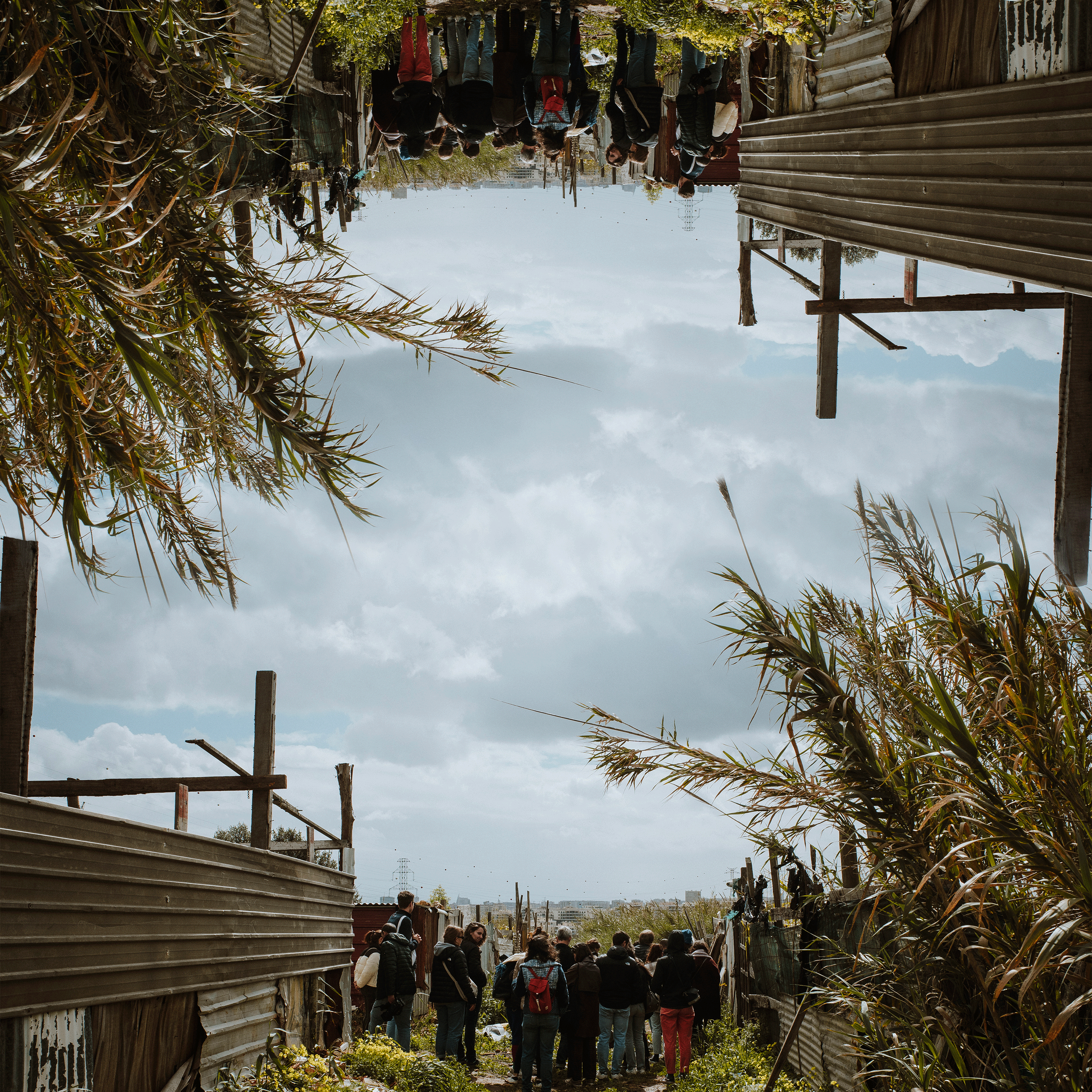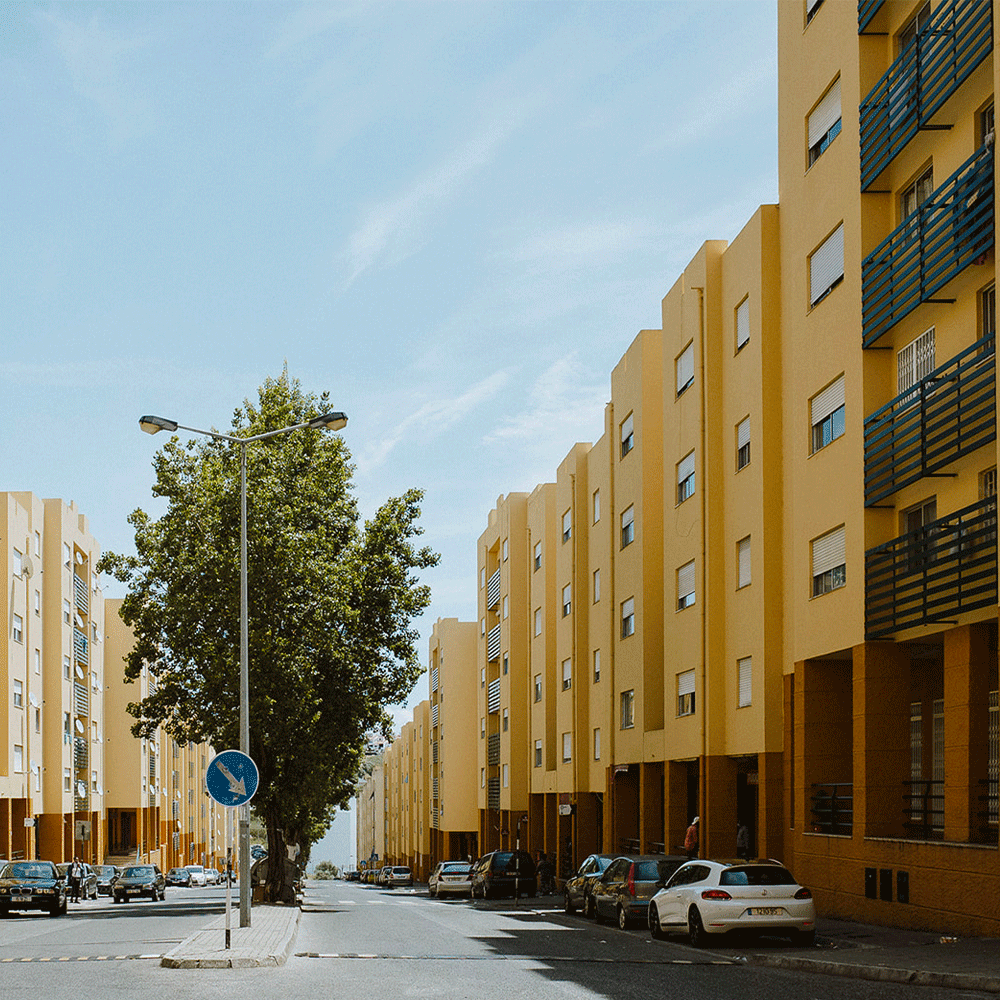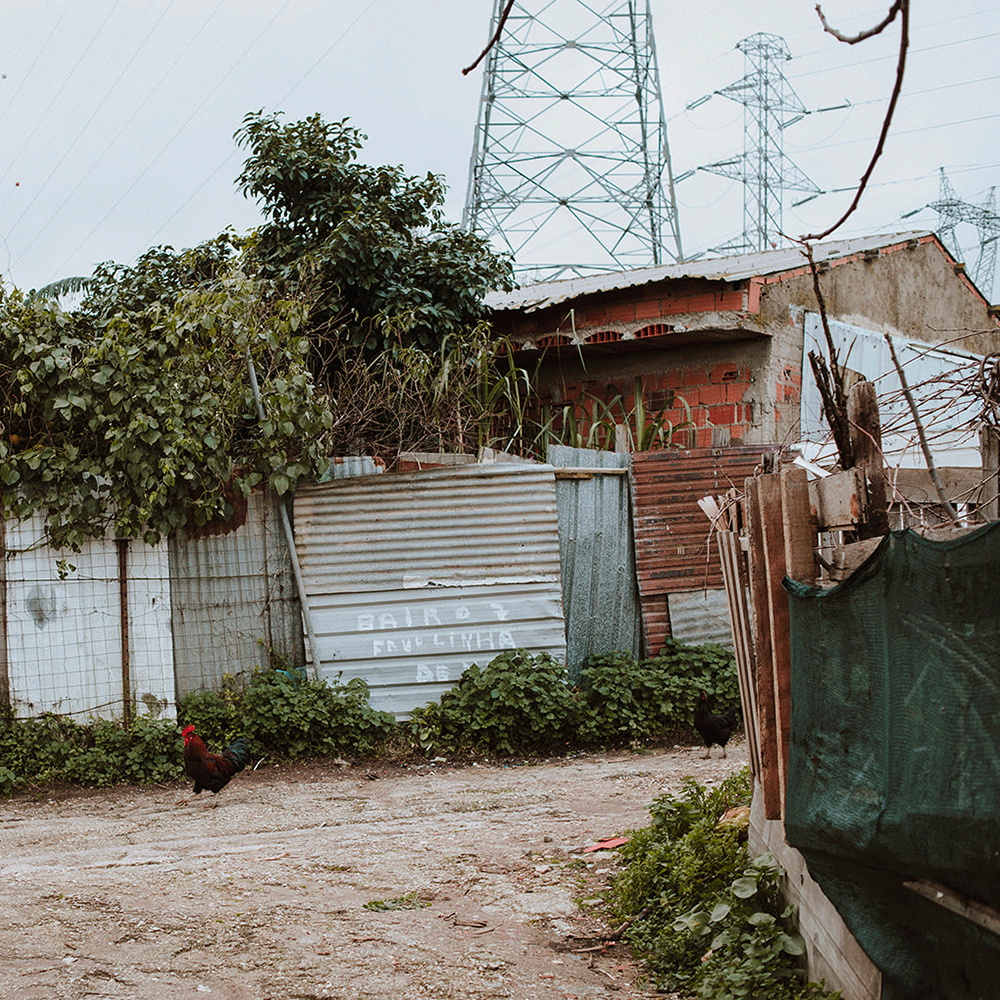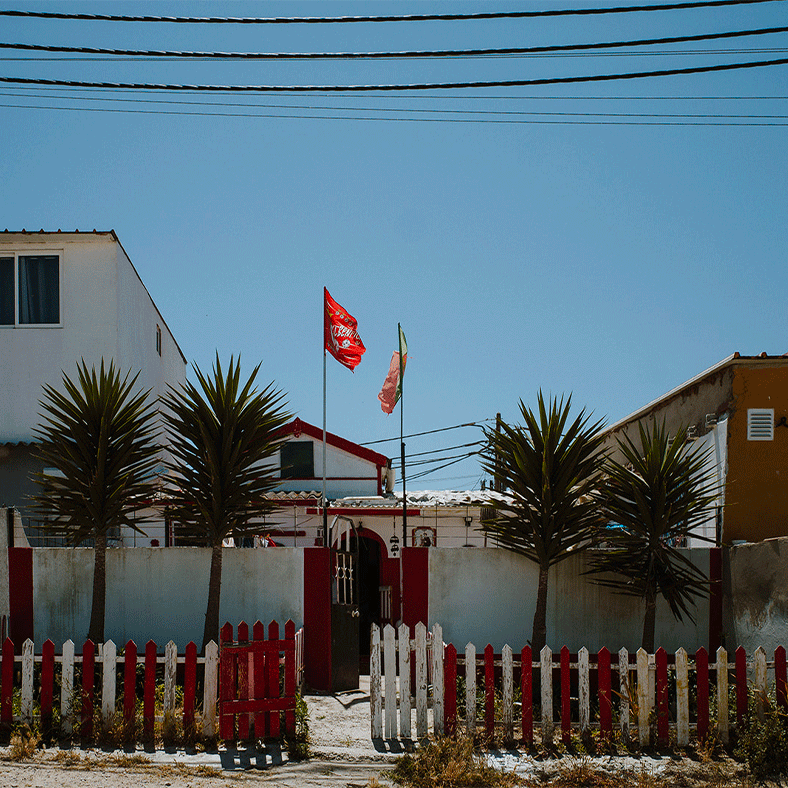
PLAY(THE)GROUND:
Informality as resistance
SUMMER RESIDENCIES IN TALUDE, QUINTA DA FONTE, BAIRRO DO ZAMBUJAL, TRAFARIA
<< FUND AN ARTIST >>
— project duration
June 2024 - September 2024
June 2024 - September 2024
— curatorial team
Aino Garcia Vainio
Eugenia Bianchessi
Ioanna Kaloudioti
Joyce Ward
Julia Dżbik
Kalle Hübel
Lígia Fernandes
Léa Heudes
Nicole Sánchez
Ricarda Oldekop
Sophia Niederkofler
Aino Garcia Vainio
Eugenia Bianchessi
Ioanna Kaloudioti
Joyce Ward
Julia Dżbik
Kalle Hübel
Lígia Fernandes
Léa Heudes
Nicole Sánchez
Ricarda Oldekop
Sophia Niederkofler
— contacts
Aino Garcia Vainio
Lígia Fernandes
Joyce War
Sophia Niederkofler
Aino Garcia Vainio
Lígia Fernandes
Joyce War
Sophia Niederkofler
— partner organization
AMRT - Associação para a Mudança e Representação Transcultural
COOPERACTIVA ALFRAGIDE
AFROLINK
ASSOCIAÇÃO DE MORADORES A PARTILHA
NOVA - FCSH
AMRT - Associação para a Mudança e Representação Transcultural
COOPERACTIVA ALFRAGIDE
AFROLINK
ASSOCIAÇÃO DE MORADORES A PARTILHA
NOVA - FCSH
— support
DGARTES
ARTISTAS ANONIMOS
HORTAS LX
LISBON DRAWING CLUB
MURO ATELIER
DGARTES
ARTISTAS ANONIMOS
HORTAS LX
LISBON DRAWING CLUB
MURO ATELIER
"We speak that more Portuguese romani, where they introduce that “Ai, mãe...(Oh, mother...)”, but we also have what we call “galego”, which is more like Spanish. For example, if you're saying something and there's someone around and you don't want him to understand, you have another form of romani language, which we call ‘romanó’. There are words that if I say them in romani, you'll understand, ‘batatas’, we say the same, ‘ojos’ (eyes), you can understand, because it's more or less like Spanish. If I don't want you to understand, we have ‘sacais’, which has nothing to do with eyes, and it means eyes.
Even in the romani community, not everyone knows this kind of speech, ‘romanó’. There are words that even I don't know. Because nowadays it's not used as much with this generation, and the next one is leaving it even more.
The romani culture is gradually disappearing, it's not what it used to be. There are things that are good, but there are things that...well, anyway. It's changing a lot, more and more."
Even in the romani community, not everyone knows this kind of speech, ‘romanó’. There are words that even I don't know. Because nowadays it's not used as much with this generation, and the next one is leaving it even more.
The romani culture is gradually disappearing, it's not what it used to be. There are things that are good, but there are things that...well, anyway. It's changing a lot, more and more."
Manuel Monteiro dos Santos - Speaks about romani language (2021) A Música Cigana a Gostar Dela Própria
Adolfo Coelho - Os ciganos de Portugal - Um estudo Sobre o Calão (Dictionary)
Adolfo Coelho - Os ciganos de Portugal - Um estudo Sobre o Calão (Dictionary)
What is the form of the informal? Does resistance exclude or preserve, is it survival or emancipation? What is the knowledge of informality? How does it differ from the formal and why? What are the emotions of (in)formality, what places does it inhabit in our bodies? What is the power of the informal and what risks does it face? What worlds can we create from the encounter between the formal and the informal?
The PLAY(THE)GROUND program takes the form of a multidisciplinary residency aimed for people who are looking for space, focused time, and stimulating conversations that can help kick off or further develop a project that will engage with one of the different locations on the outskirts of Lisbon.
You can apply if you are an artist, curator, researcher, collective or anyone from a different background (you don't have to be from the art field) who is interested in working collaboratively, developing socially engaged practices, researching specific urban/cultural themes or developing experimental practices, with curatorial support and a public presentation. This residency offers a studio space in a specific urban environment, allowing participants the independence and freedom needed to develop a bottom-up project.
For the summer residency, we are looking for applicants who want to collaborate with the neighbourhood's younger population, although other situated practices are also welcome. We encourage applications from diverse cultural backgrounds: immigrants, people of African descent, Portuguese romani, and also from the territories, to respond to this call.
<< Read the FAQ here >>
The studios are available from 1st June 2024 to 15th September 2024. In the application process, candidates can indicate their time periods of occupation of the studios. In this way, we hope to meet the needs of potential residents as flexibly as possible.
Applicants can decide to work in different locations:
The PLAY(THE)GROUND program takes the form of a multidisciplinary residency aimed for people who are looking for space, focused time, and stimulating conversations that can help kick off or further develop a project that will engage with one of the different locations on the outskirts of Lisbon.
You can apply if you are an artist, curator, researcher, collective or anyone from a different background (you don't have to be from the art field) who is interested in working collaboratively, developing socially engaged practices, researching specific urban/cultural themes or developing experimental practices, with curatorial support and a public presentation. This residency offers a studio space in a specific urban environment, allowing participants the independence and freedom needed to develop a bottom-up project.
For the summer residency, we are looking for applicants who want to collaborate with the neighbourhood's younger population, although other situated practices are also welcome. We encourage applications from diverse cultural backgrounds: immigrants, people of African descent, Portuguese romani, and also from the territories, to respond to this call.
<< Read the FAQ here >>
The studios are available from 1st June 2024 to 15th September 2024. In the application process, candidates can indicate their time periods of occupation of the studios. In this way, we hope to meet the needs of potential residents as flexibly as possible.
Applicants can decide to work in different locations:
— DISCOVER PLAY(THE)GROUND






